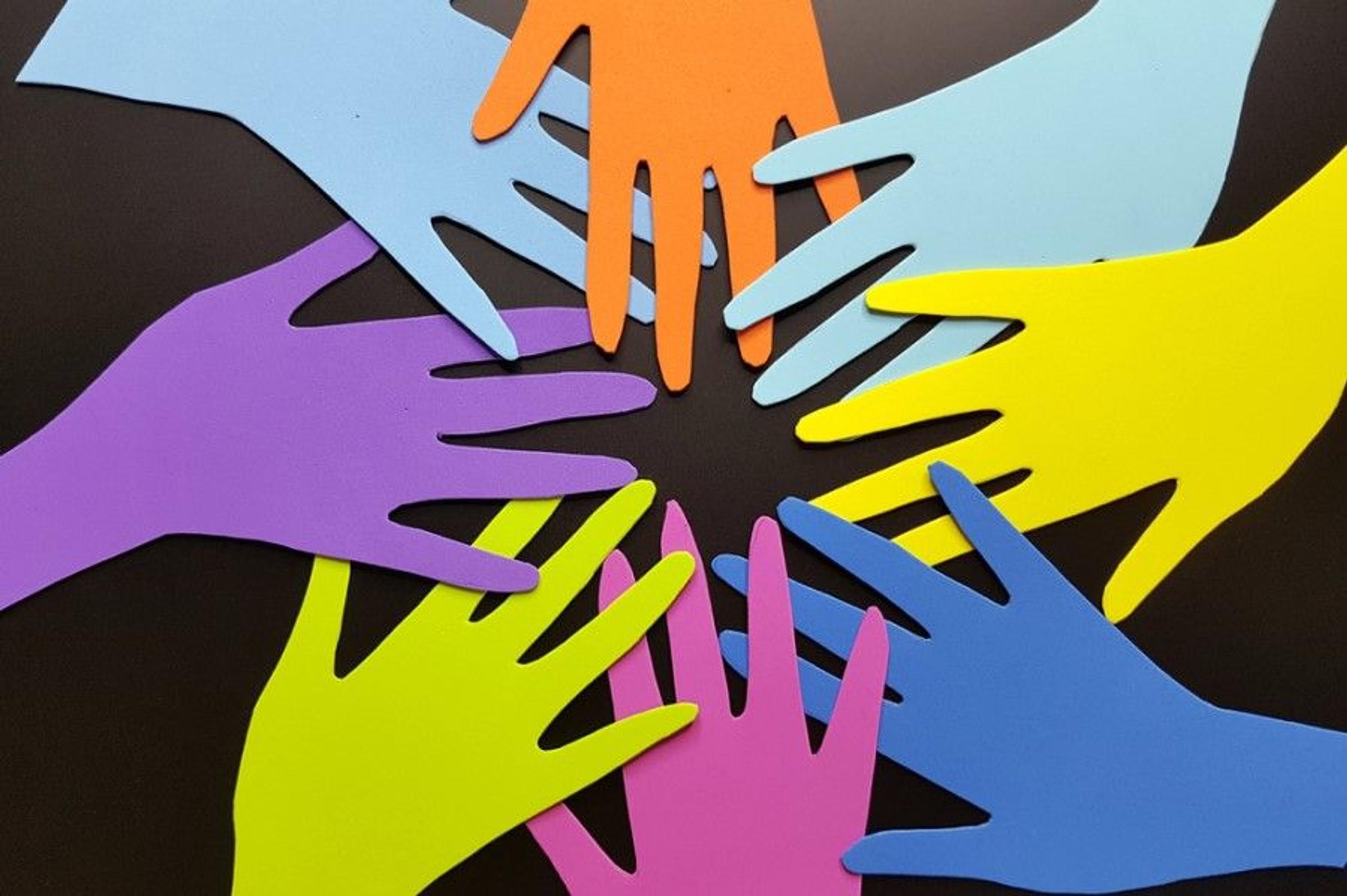Inclusion & Engagement

Transition to a new school year – looking forward to 2025
Looking towards 2025 and starting a new school year is often filled with anxiety for both parents and students. Students who are starting a new school, either because they are moving from primary school to high school, kinder to primary school, or are even moving to a new area, have the biggest adjustment. But even those who are just moving to a new grade have adjustments to make. New teachers, new friends, new academic challenges are only the beginning.
So, what can you do as a parent to help make the transition smoother? Here are a few tips.
- Get to know your child’s teacher. If your child is in Foundation, make a point to introduce yourself early in the school year. If your child has a learning disability or other special need, don’t hesitate to contact your child’s teacher to make an appointment to discuss these concerns.
- Talk to your child about their goals for the school year. For younger kids, it can be something as simple as “I want to learn to read this year.” For older kids, it could include helping your child choose appropriate after-school and extracurricular activities.
- Encourage social relationships. If your child is young, arrange play dates with new or old friends. Plan activities with classmates on the weekends to help your child form bonds. Social relationships don’t just apply to your child; it’s also a good idea for you to form relationships with other parents, as it’s a great way to get to know your child’s peers.
- Cut down on stress. This can start with making sure your child gets enough sleep. Getting a good night’s sleep is a necessary component to having a happy, well-adjusted child. Make sure that they aren’t overcommitted with after school activities, so that they have time to sleep. Also, don’t overlook the importance of eating a good breakfast, and providing healthy snacks and lunch.
- Be involved. If possible, volunteer at your child’s school. This can be hard for working parents, but you could volunteer to support your child’s teacher after work hours – for example, laminating or organising resources.
- Focus on the positive. If your child has a tendency to dwell on the negative aspects of a new school-year, actively help them see the positive. Point out the benefits of the school, the teacher, or the classroom. Keep your emotions in check. It’s normal for you to feel anxious too, but you don’t want those feelings to rub off on your child. Stay calm, and be confident.
- Empathize with the stress. Acknowledge that this is a stressful time. Adjusting to new situations and learning to cope is an ever-changing part of life. Coping with the changes of a new school year is a great opportunity for your child to learn skills he will need later in life, such as changing jobs, moving to a new city, or starting a new career. Empathizing that change is hard makes it easier to move beyond the stress—and, naming your fears makes it possible to conquer them.
- Take note of significant signs of stress. Not every child copes well with the transition to a new school year. While it’s normal to feel anxious, it’s not normal if the anxiety continues beyond the first few weeks. If your child is having trouble sleeping (sleeping too much or too little), has a change in her eating habits (overeating or not interested in eating), seems sad much of the time, is constantly anxious, and has lost pleasure in things she used to enjoy, seek help. Start by talking to your child’s teacher and/or school psychologist.
- Stick to a routine. Children do better when they know what to expect. If you have a routine that worked last year, continue with it. If something needs to change, such as after-school care or a carpool, give your child as much advance warning as possible.
- In addition to establishing a regular routine, establish a reading/homework routine. Figure out a time and place to do homework, such as before dinner and in the dining room, and stick to it.
Adapted from: The Clay Centre for Young Healthy Minds
